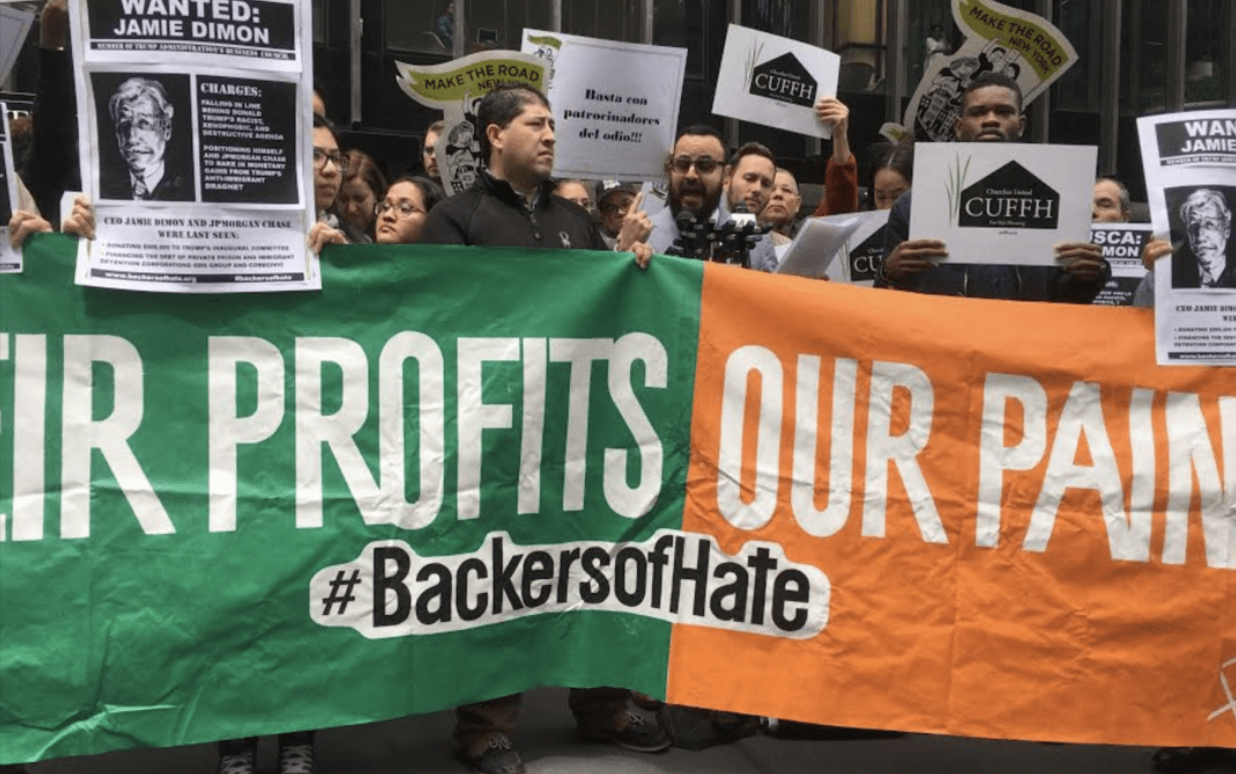
Op-Ed: From JP Morgan to Harvard, Prison Divestment Now
By Amanda Chan and Zoë Hopkins
News of JP Morgan’s decision to stop financing private prisons broke last month and the private prison corporations of America, namely CoreCivic and GEO Group, are shaking in their boots. JP Morgan’s move, and the decade of activism leading up to it, proved to the world that financiers taking a stand against for-profit-prisons is not only a moral imperative, but also an economic possibility. Take note, world: prison divestment, it’s happening.
CEO Jamie Dimon is a titan of finance and has tremendous influence over investors and businessmen. No doubt, Dimon’s leadership of the largest bank in the US, will have serious repercussions for private prison operators, who are particularly dependent upon big banks like JP Morgan for their lines of credit.
JP Morgan’s move is remarkable, in part, because other leading institutions, who proclaim their commitment to the public good, have been obstinate in their refusal to divest. Take, for example, Harvard University. Despite sustained pressure by students, workers, and affiliates at Harvard, University President Lawrence Bacow has refused to consider divesting the 39.2 billion dollar Harvard endowment from even private prisons.
While JP Morgan acknowledges that it is immoral to assist in the expansion of private prisons, immigrant detention, and mass incarceration, Harvard still stands to profit from investments in companies like CoreCivic, GEO Group, Sodexo, and G4S.
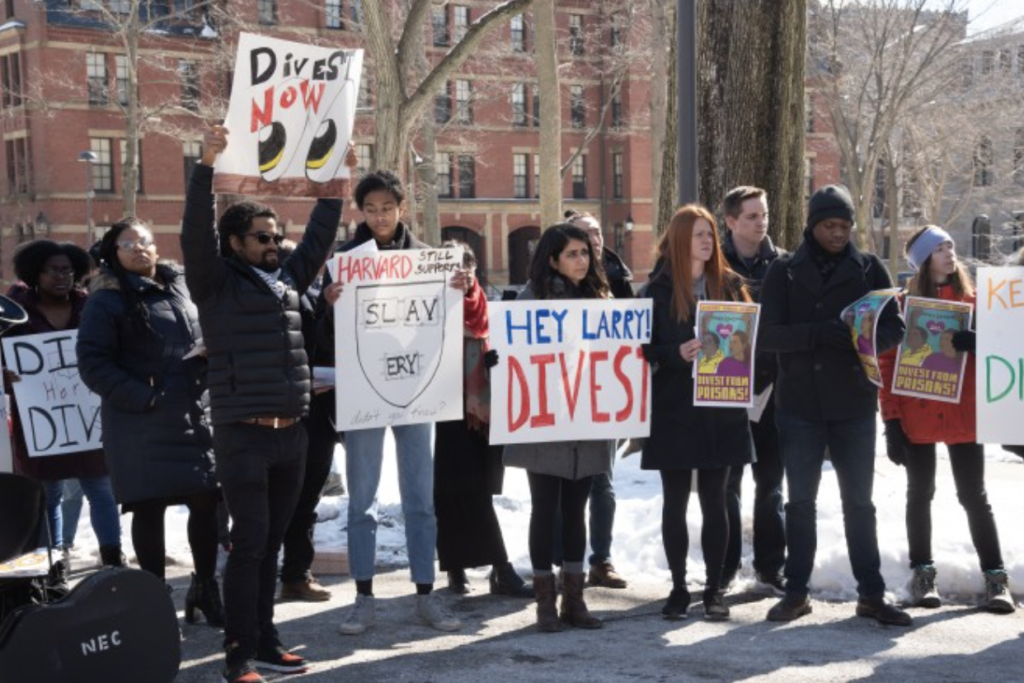
JP Morgan’s move proves that Bacow’s excuses to not divest from prisons and the prison-industrial complex are bogus. Bacow’s claims that the endowment is an apolitical fund. But, whether or not a fund is “political” or a means of policy advancement, is irrelevant. Dimon recognizes that an apolitical investment can have political consequences. The political consequences of prison investment has a compelling social toll, and they are also not good for business. Here, those consequences often mean life or death for prisoners. And when government policies increase carceration, these companies profit; when incarceration decreases, they suffer. The political nature of these financial relationships is overwhelmingly evident. Harvard is smart enough to realize this, too.
Fortunately the evidence suggests that Harvard has. Both J.P. Morgan and Harvard are signatories on the United Nations Principles for Responsible Investing, an initiative that “aims to incorporate environmental, social, and governance factors into investment decisions.” In divesting from private prisons, JP Morgan has enacted a commitment to the ideals of the initiative, while Harvard seems to have one foot out of the door. Until Harvard translates responsible investing into palpable forms of action, their signature means nothing, and flies in the face of the University’s motto: Veritas, which is Latin for truth. If the idea of walking the talk is daunting, current Harvard leadership would do well to look to the actions of their predecessors: Apartheid Divestment in South Africa; Tobacco Divestment; Darfur Divestment.
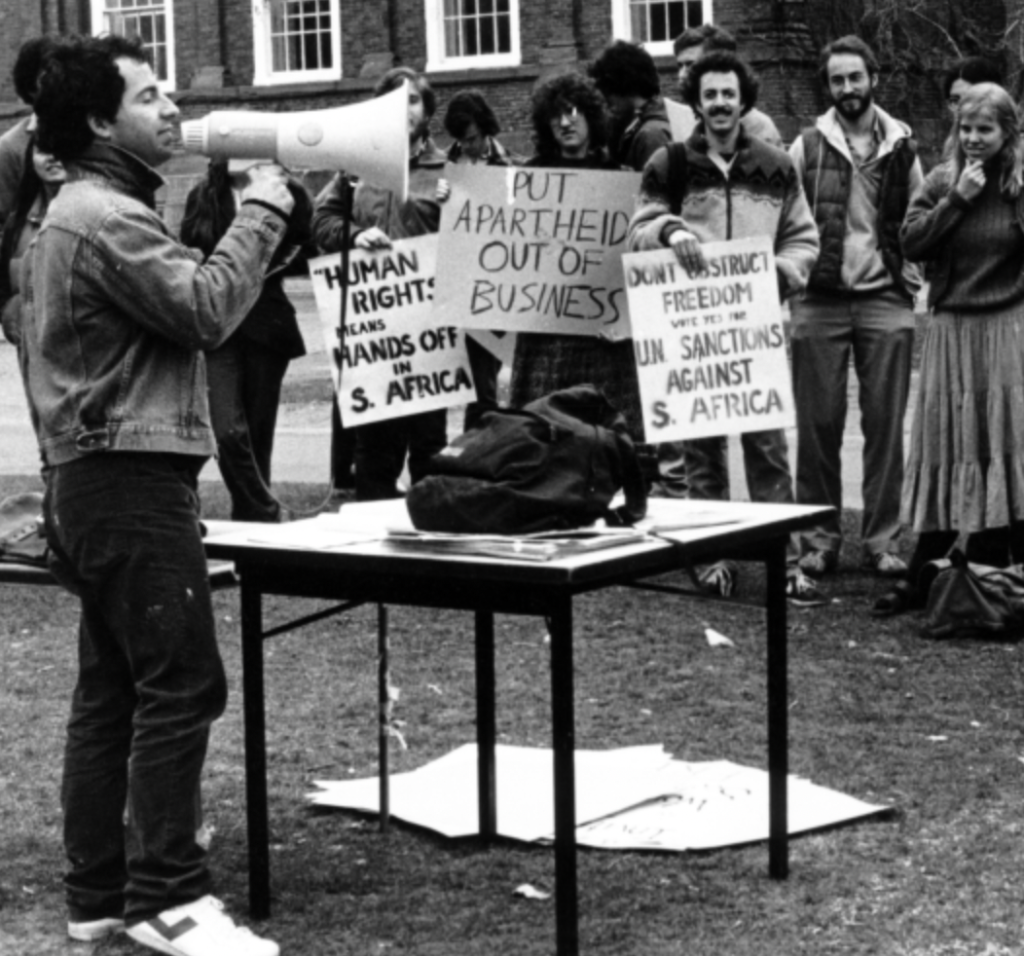
And like Jamie Dimon in finance, Bacow is an industry leader in higher education. While he proclaims his duty to be responsible to donor and shareholders, the highest duty of higher education lies in advancing the common good. It doesn’t follow that a commitment to truth, veritas, in service of the world, in word and deed leads to financial loss. Indeed, it has been noted that carceral business is precarious. Should Bacow agree to divest the endowment from the prison-industrial complex, universities across the world would notice. And the pressure to follow the path of the University of California, Columbia, and others would ratchet up.
Further, both JP Morgan and Harvard has acknowledged its historical roots in slavery. JP Morgan used slaves as collateral in the underwriting of loans and even owned a couple hundred slaves. Harvard Presidents owned slaves and Harvard used slave owner Isaac Royall’s money to found Harvard Law School. Historians and sociologists have argued that prison labor is the contemporary extension of American slavery – in spirit and practice. As of last week, JP Morgan promised to no longer finance prisons that continually exploit prison laborers. What has Harvard done? Harvard got a plaque. And told his students that he will stick to his policy against divestment.

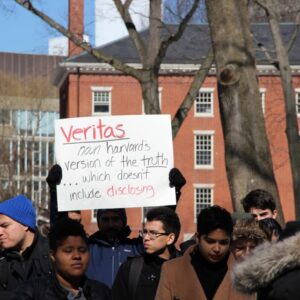

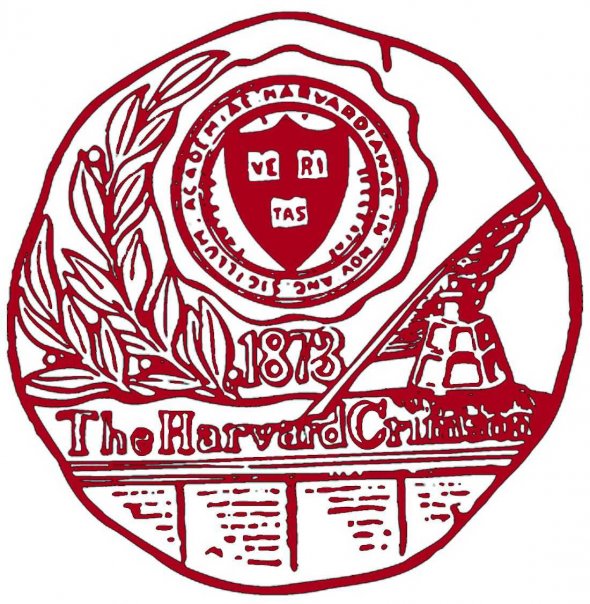

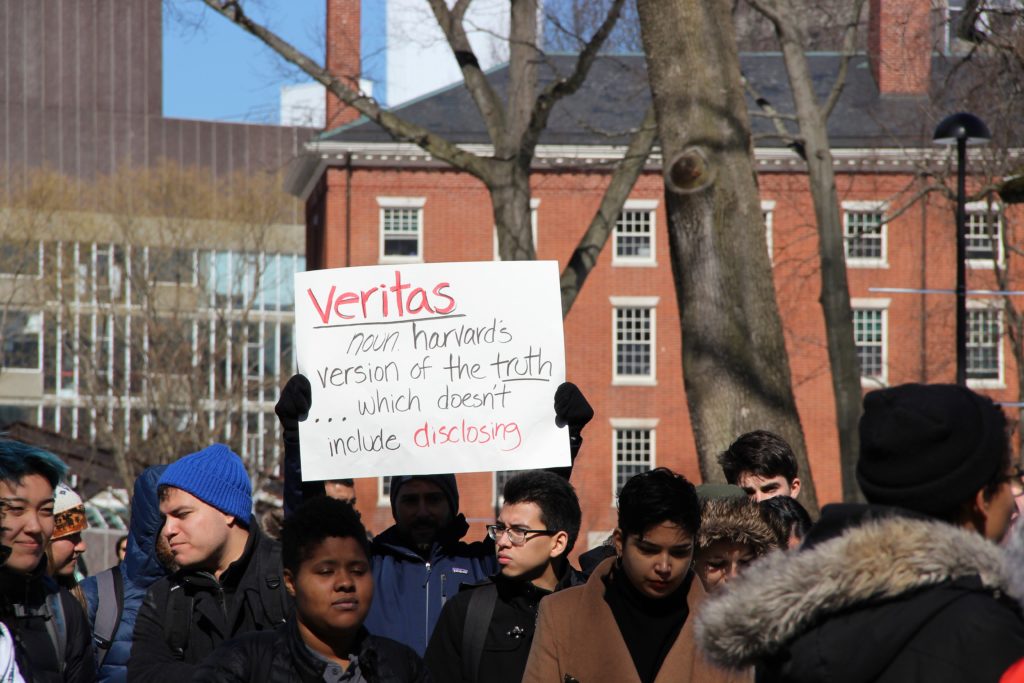
Leave a comment